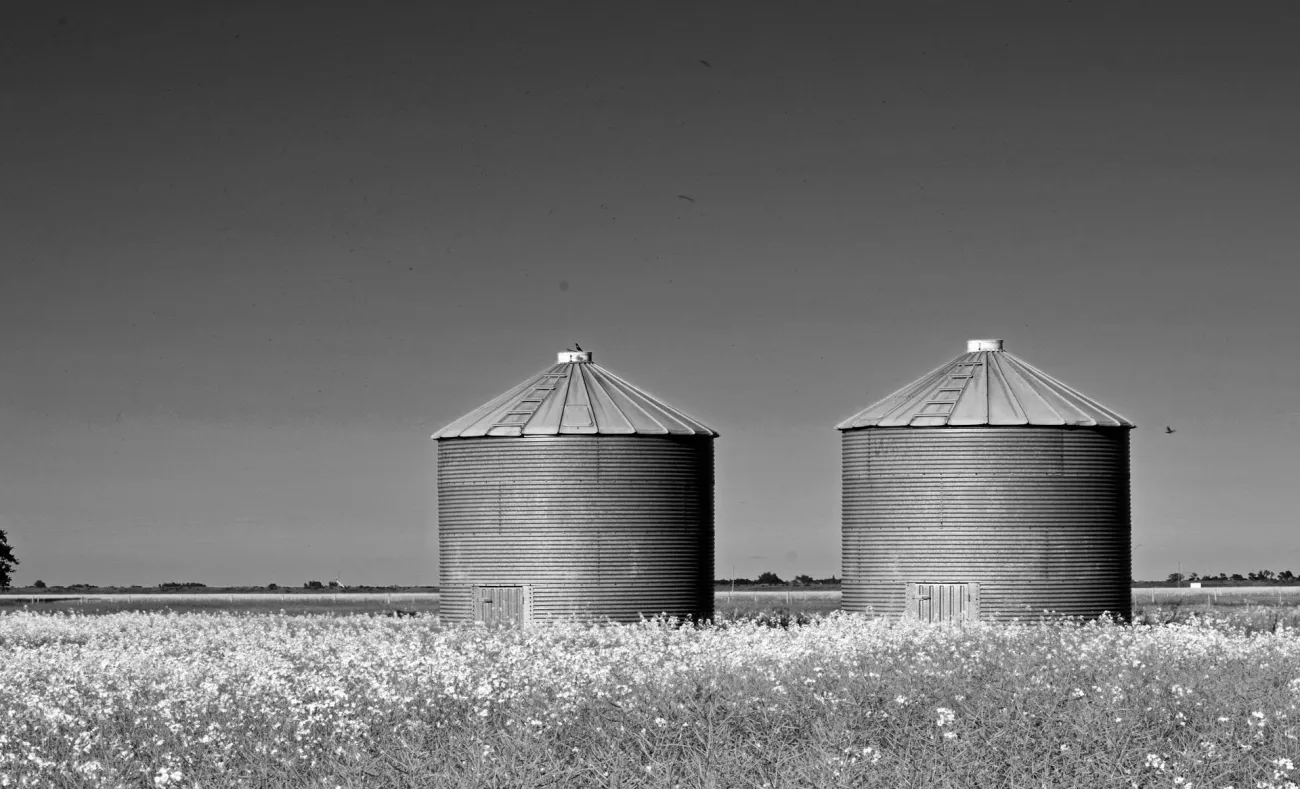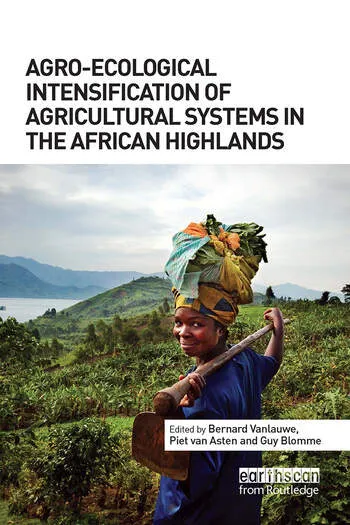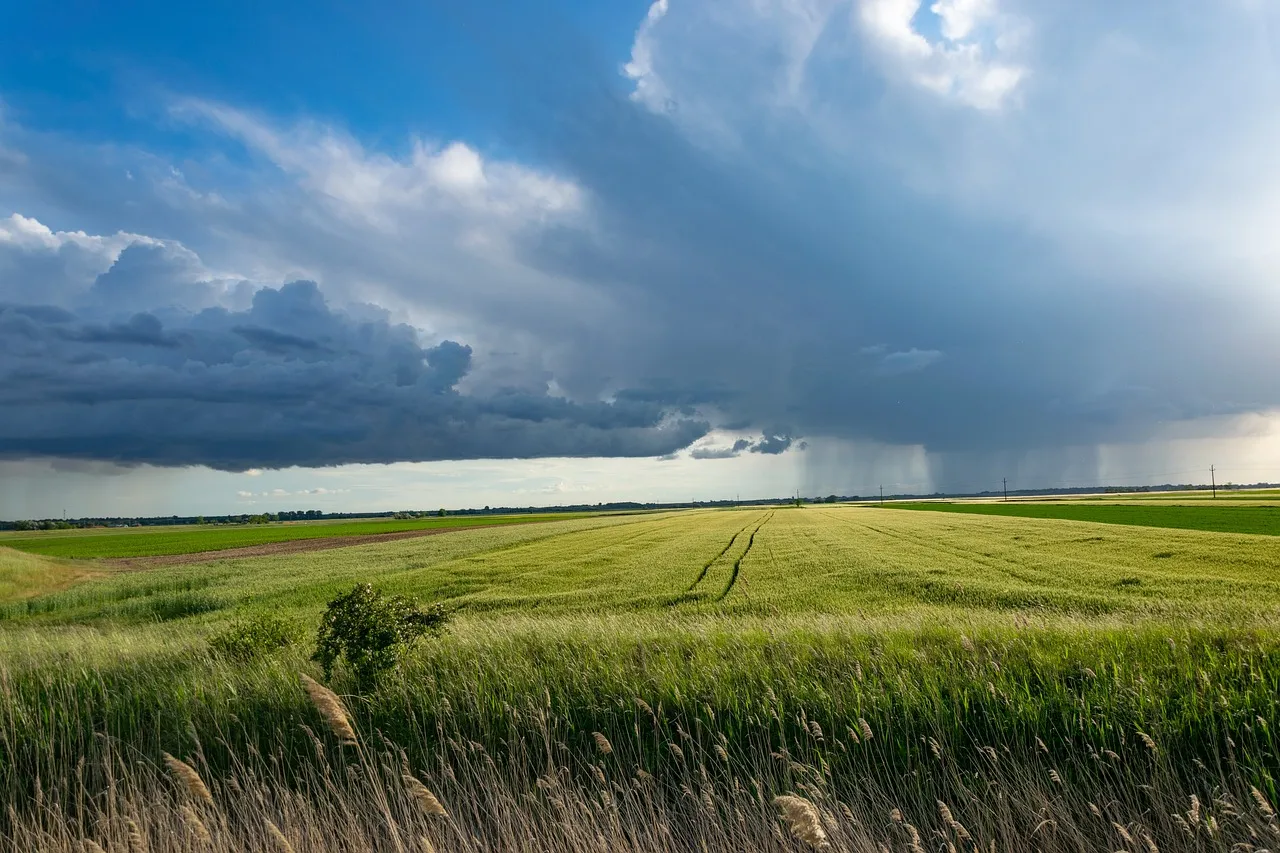This report highlights the development and roll-out of a new Global Farm Registry, which will provide a framework to support the global identification, traceability and sustainability performance of farms and producers around the world. It will allow individual producers to voluntarily share their sustainability standards certification status and other production information, to determine their compliance status against other sustainability standards (international, national and retailer, Hospitality and Food Service and brand-owner-specific standards) and to increase their access to new customer and markets.

The partners who have collaborated in creating the new registry include the UN Global Compact, the International Trade Centre (a joint initiative of the UN and the World Trade Organisation) and GS1 - a neutral, not-for-profit, international organization that develops and maintains standards for supply and demand chains across multiple sectors.
The new global farm registry will provide millions of ‘blue numbers’ free of charge to any farmer or business, in any part of a food value chain, that creates a public profile with basic information such as who they are, what they grow and their GPS coordinates. They can also selectively share additional information such as compliance with national regulations, whether they have any certifications for local or international good agricultural practice, or even their network of business partners. Comparing compliance to various codes is made possible by using standards map, a global repository of standards and codes designed and managed by the International Trade Centre.
The report says that there is broad agreement that auditing farmers will not be the answer to enforce standards, and that there is already audit fatigue with farmers/producers complaining, as some of them face up to 16 different compliance audits per year. The database therefore relies on voluntary reporting on compliance with outlined Good Agricultural Practices for Climate Sustainable Agriculture.
Read about the initiative here and here and see more on for example standards and traceability on our website. There is also coverage and further details in a LinkedIn article by Puvan J Selvanathan head of the United Nations ICT office.




Comments (0)